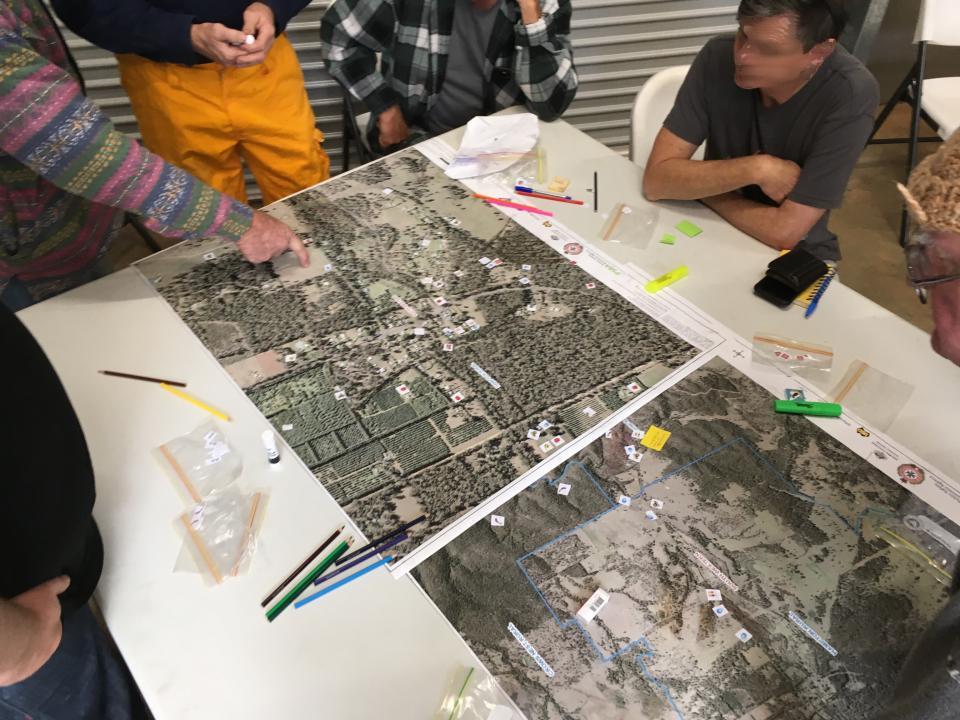
PUBLICATIONS
Published works

Mapping approaches to community engagement for preparedness in Australia - final report
| Title | Mapping approaches to community engagement for preparedness in Australia - final report |
| Publication Type | Report |
| Year of Publication | 2019 |
| Authors | Johnston, K, Ryan, B, Taylor, M |
| Document Number | 515 |
| Date Published | 09/2019 |
| Institution | Bushfire and Natural Hazards CRC |
| City | Melbourne |
| Report Number | 515 |
| Keywords | Australia, community engagement, community preparedness, Multi-hazard |
| Abstract | Community preparation in disaster response has been empirically established as a key factor in the protection of life during a disaster. Natural disasters, especially bushfires, have provided evidence showing that there is a pervasive lack of preparation (King & Goudie 2006; Martins, Nigg, Louis-Charles & Kendra, 2019; McLennan 2014; McLennan et al. 2011; Pinock, 2007; Teague, McLeod & Pascoe 2010) even in communities with previous disaster experience (Mackie, McLennan & Wright 2013; McLennan, Paton & Wright 2015). Agencies and researchers have also reported the struggle to get people motivated to prepare (McLennan, Elliott & Omodei 2012), and to understand what needs to be done as part of that preparation. A number of community engagement programs have been successful and have been estimated to save lives and reduce the cost of property damage and destruction (Gilbert, 2007). At a higher level, community engagement is also considered central to development of community resilience in disaster (Council of Australian Governments 2011). Consultation with agencies regarding this BNHCRC project application revealed gaps in emergency agency community engagement knowledge and practice. Specifically:
Therefore, these needs frame both the priority and urgency of this project and the potential to contribute to agency and local council action. Agencies have also articulated community engagement as a priority and, in many states in Australia, are making efforts to systemise community engagement and evaluation of its effect (such as Elsworth et al. 2010; Emergency Management Victoria 2017; Inspector-General of Emergency Management 2014). This project addresses this need by developing an empirical framework - built from a systematic literature review of effective preparedness actions, a systematic literature review of community engagement for preparedness, and a synthesis of agency best practices - that offers a systematic and evidence-based standard for agency implementation for community disaster preparation. The framework, and the associated index of core competencies and relationship indices, could also contribute to informing a more sustainable community engagement policy. This project will consider the more immediate need for community engagement by emergency end-user/agencies for preparedness, which occurs annually, rather than for resilience, which is longer term and involves cross-government involvement including from outside the emergency management sphere. |
Published Works


